The Home Care Software Geek posts in this blog don't talk about Home Care Nursing Software, Private Duty Telephony, DME Delivery Software, Care Transitions or the other topics we focus on regularly at Ankota. Instead, these posts are intended to keep our readers up to date with technology trends that might be useful to your agencies, such as social media technologies, mobile devices, and what's happening with bigger companies like Microsoft, Google and Apple.
Over time, there are always a few macro trends in technology that become buzz-phrases and drive the industry in a new direction. A few years ago, it was "the cloud." At the time, the idea that your software applications don't need to live on computers in your buildings was to some degree revolutionary, and since that time "cloud services" have resulted in job growth and billions of dollars of revenue. In 2015, the two prevalent macro trends are Big Data (which we blogged about in April) and the Internet of Things (IoT), which we'll explain today...
The Internet of Things (IoT)
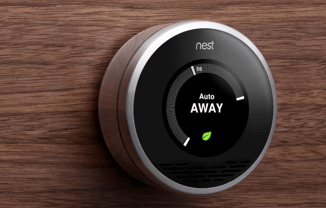 The Internet of Things, referred to as IoT, describes the concept of connecting devices other than computers and Smart Phones to the Internet. One example that gets a lot of attention is the Nest thermostat. This thermostat, in addition to being very attractive from a design standpoint, is noted because it "learns" how to optimize the temperature of your home, without programming and can be controlled remotely with your smart phone. It detects when you're home or away, alerts you if your home gets too hot or cold, and even regulates humidity. This is a great example of how a "thing connected to the internet" can bring value.
The Internet of Things, referred to as IoT, describes the concept of connecting devices other than computers and Smart Phones to the Internet. One example that gets a lot of attention is the Nest thermostat. This thermostat, in addition to being very attractive from a design standpoint, is noted because it "learns" how to optimize the temperature of your home, without programming and can be controlled remotely with your smart phone. It detects when you're home or away, alerts you if your home gets too hot or cold, and even regulates humidity. This is a great example of how a "thing connected to the internet" can bring value.
The IoT and Healthcare / Home Care
In order to explain how Internet of Things can impact home care, and health care in general, here are some highlights of an article by Jennifer Bresnick on June 16th in Health IT Analytics, entitled Three Ways the Internet of Things can Improve Patient Safety. Please read the full article for details. Here are her three things:
-
Drug surveillance and preventing adverse effects: Although Jennifer's article talks mostly about linking patient monitoring devices together in the hospital so that drug adherence can be monitored and adverse reactions can be detected early, the home care context here is to use electronic pill boxes or other med tracking devices to ensure that meds are being taken when required. I did some projects a number of years back with a company that makes a smart inhaler. The inhaler (pictured) is connected to the internet (it literally has a built-in cell phone) and tracks doses plus some versions have ways to alert the patient when it's time to take meds.
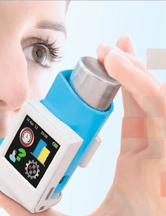
-
Hand Hygiene: The article describes how IBM developed a hand hygiene monitoring solution using RFID sensors. At present, this solution sounds more applicable to hospitals than to home care, but it's a good IoT example.
-
Monitoring for Vulnerable Patients in their home environment: This is the one that we can relate to most in home care. In order to balance cost of care with the large and growing demand for home care services and the declining caregiver workforce, deploying IoT monitoring devices in the home will become much more prevalent. Your agency might think of offering this as a service (installing and monitoring such devices).
Making an IoT Action Plan for Your Home Care Agency
Hopefully this article has convinced you that the IoT is a real thing and not that complex to understand. While I don't generally expect home care agencies to be early adopters of technology mega-trends, I do suggest that you look into strategies to offer medication adherence devices and home monitoring devices to your clients. For other home care best practices, please download our free white paper, the Seven Habits of Highly Effective Home Care Agencies. Just click the link or the picture below to download.
If you're interested in scheduling an online demo of our home care or care transitions software solutions, just click this button:

Ankota provides software to improve the delivery of care outside the hospital, focusing on efficiency and care coordination. Ankota's primary focus is on Care Transitions for Readmission avoidance and on management of Private Duty non-medical home care. To learn more, please visit www.ankota.com or contact us.
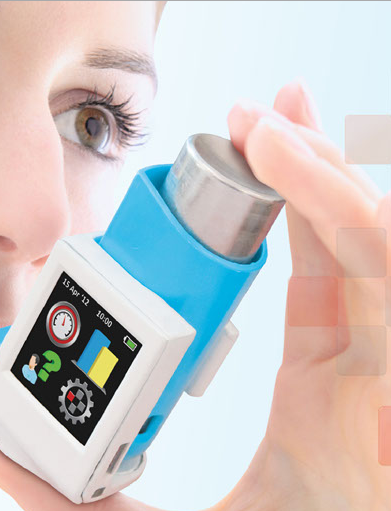
.png)
.png)
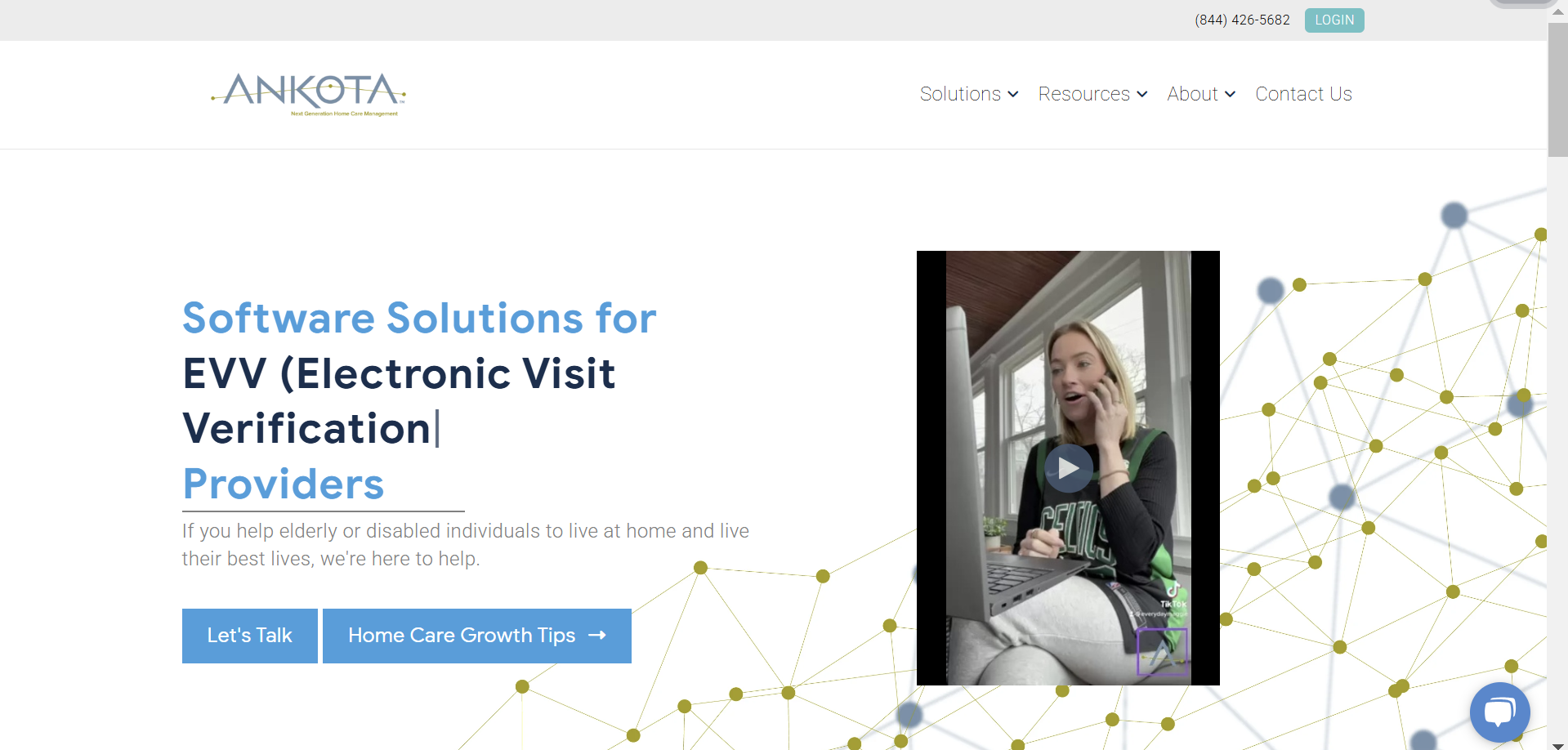
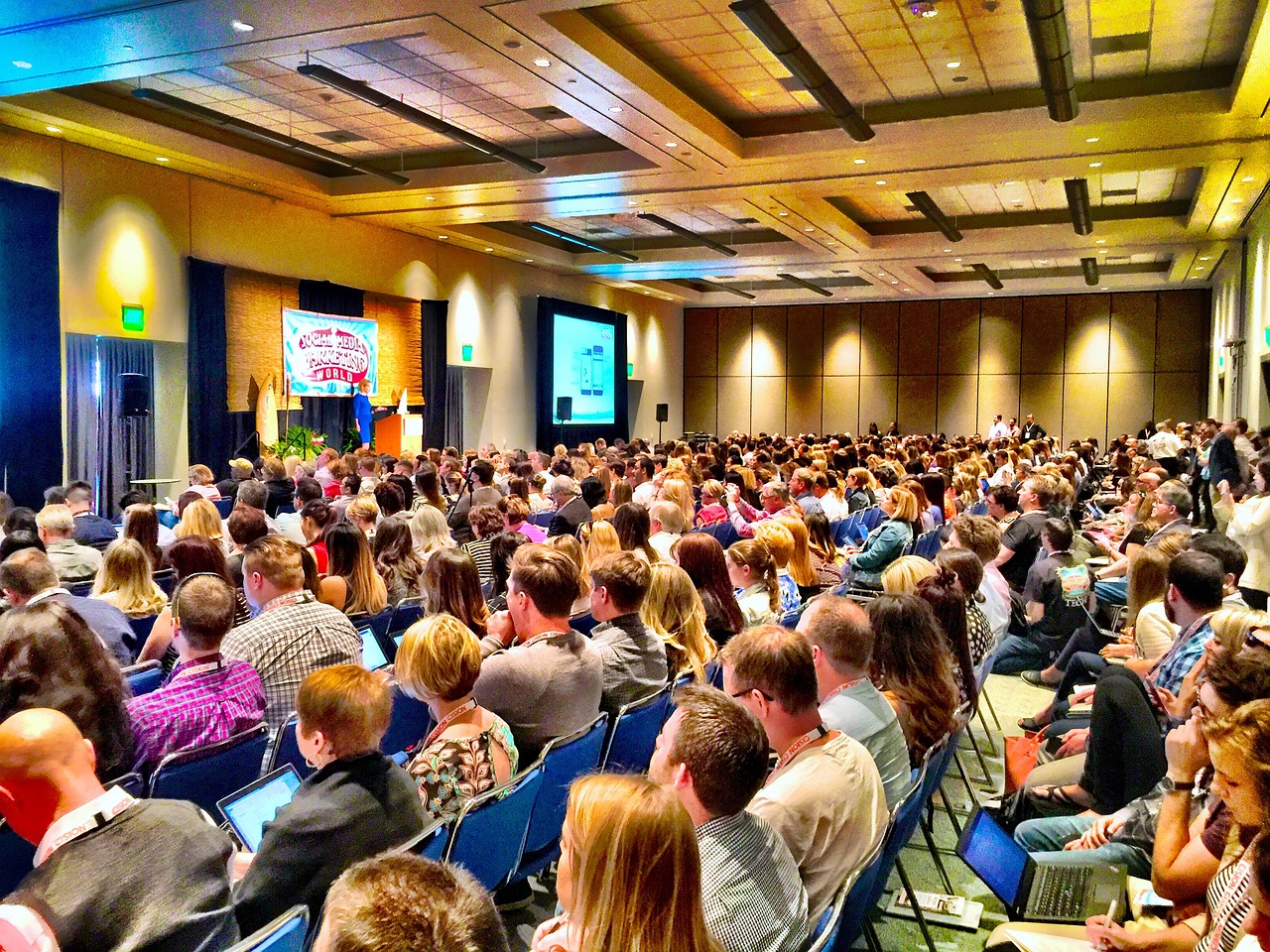
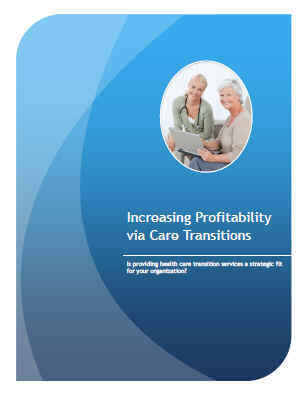

.png)
.png)


